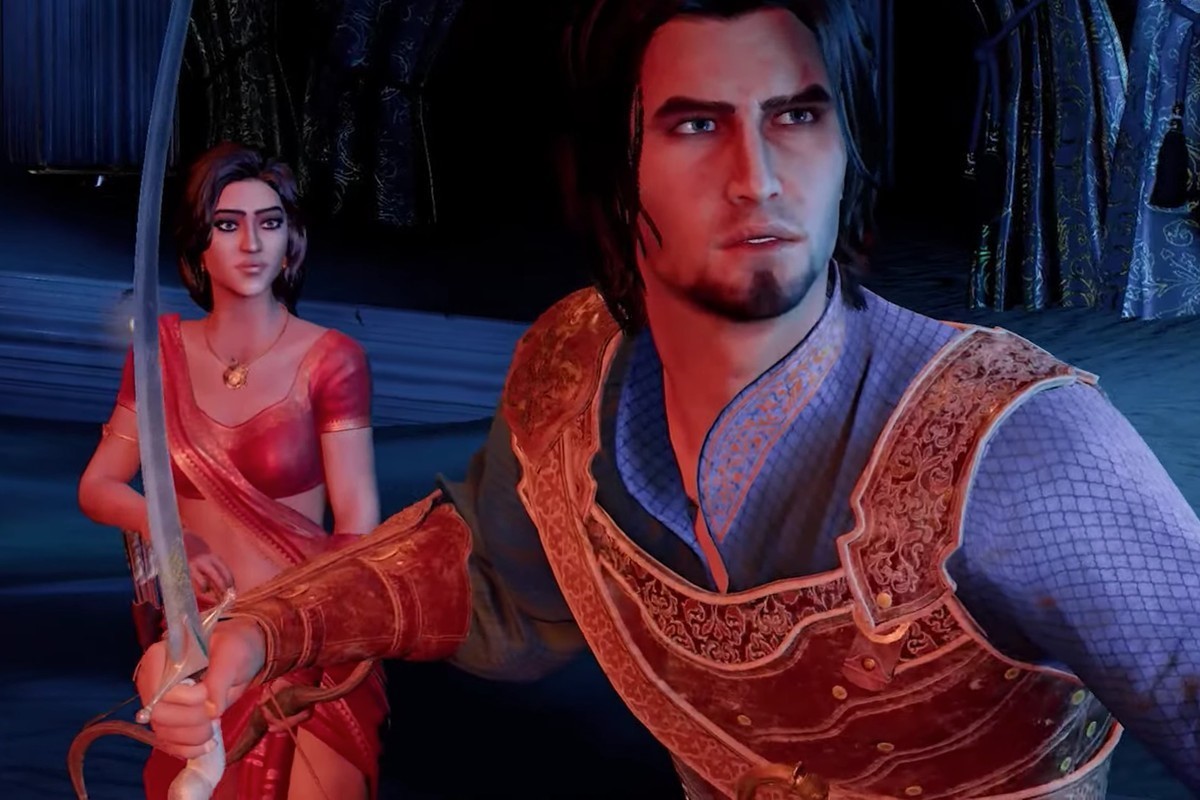Playing video games one used to play during childhood makes one nostalgic. But
why are people inclined to
play video games that are 20 years old, especially
when they have access to all the glitz and glamour of modern games?
اضافة اعلان
Playing older
video games — also known as “retrogaming” — has grown from a niche hobby to a
common practice in the gaming world today. One reason may be that as time
passes, there are simply more games that can be considered retro. Still, this
does not explain why people have a strong desire to play older games. So, by
way of explanation, one thinks of nostalgia.
Nostalgia is
often triggered by a yearning for our past selves, according to pshychologist
Valentina Stoycheva. When people think back to their younger selves, most
remember a much simpler, more relaxed time, with fewer responsibilities and the
freedom to explore new things.
If you ask
gamers when they began playing video games, most will say that they started at
a very young age, like long-time Jordanian gamer Amal Rashid, who told
Jordan
News that she was about five or six the year her father bought her her
first game. Because of the early age most start to game at, video games become
a portal into one’s
childhood, bringing back not only the positive emotions
elicited by the game, but also the positive emotions of being young.
 Clive Barker’s Undying is a 2001 horror first-person shooter video game. (Photo: Gamer.ru)
Clive Barker’s Undying is a 2001 horror first-person shooter video game. (Photo: Gamer.ru)
This view is
shared by Rashid who said that she often feels the same emotions while playing
video games as she did when she was a child: “getting thrilled and excited
about reaching a certain level or final level”. The “tracks and the scenery”
also evoke feelings of nostalgia for her.
Since nostalgia
may elicit positive emotions, it can also be used to escape negative feelings.
When under stress or feeling upset, people may use video games as a reminder of
better times, like their childhood. Nostalgia was proved to have a positive
effect on mood, as it increases “self-esteem, feelings of social connectedness,
optimism about the future, and perceptions of meaning in life”, according to
psychologist Clay Routledge.
Nostalgia has
also been linked to transitional periods in a person’s life, according to
Stoycheva. Objects from someone’s past can occasionally create a sense of
nostalgia purely based on the significance they had during a transitional
period. One such period could be the transition from being reliant on a
caregiver, like a parent, to becoming more independent and self-sufficient.
Video game consoles or video games themselves are “transitional objects” since,
for many people, playing them was one of the first activities that they
independently did in their childhood.
 Prince of Persia: The Sands of Time is a 2003 action-adventure video game. (Photo: Polygon)
Prince of Persia: The Sands of Time is a 2003 action-adventure video game. (Photo: Polygon)
Playing video
games can be difficult, especially for beginners, so it is often the case that
challenges need to be solved independently. Parents did not know how to beat
the final boss in a game, so unlike most other issues, it had to be solved
through trial and error. Winning eventually leads to a rewarding feeling that
can then be triggered through playing that video game years later.
Jordanian gamer
Nasser Anssari who started playing video games 30 years ago, said that gamers
“had to figure out how to beat
different obstacles on our own, and those epiphanies were filled
with a sense of accomplishment”.
It could also be the
case that older video games are simply good products, so people enjoy playing
them even after long periods of time. But it may go deeper than that, with
nostalgia influencing gamers, if only subconsciously, driving them to play the
games of their youth.
Read more Gaming
Jordan News



